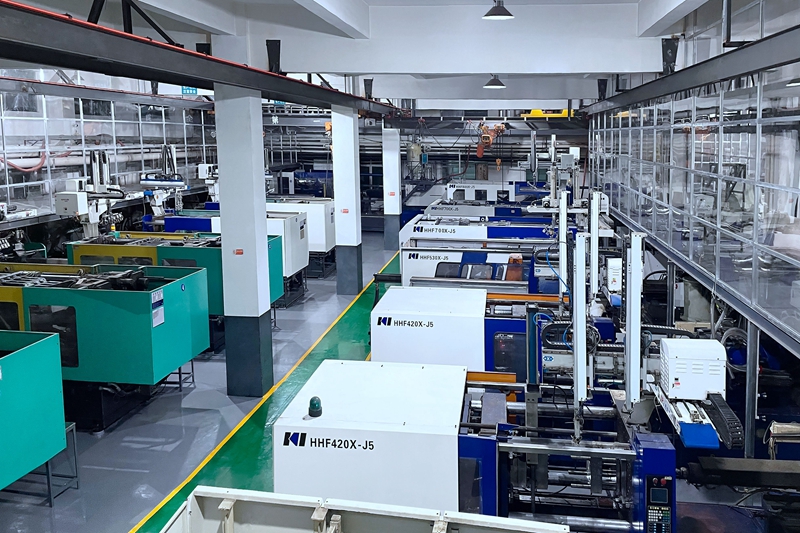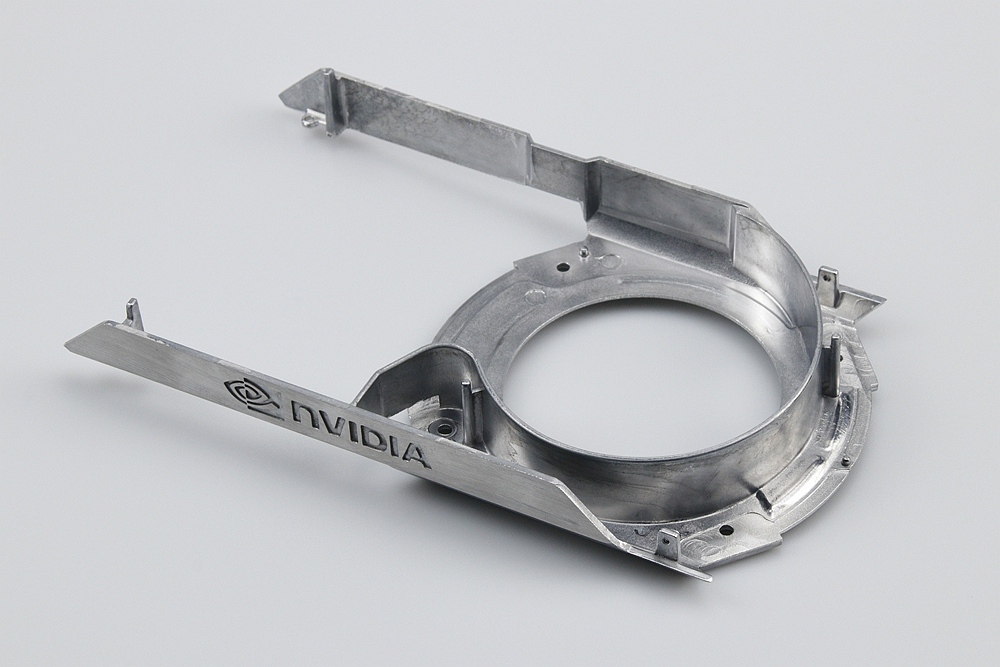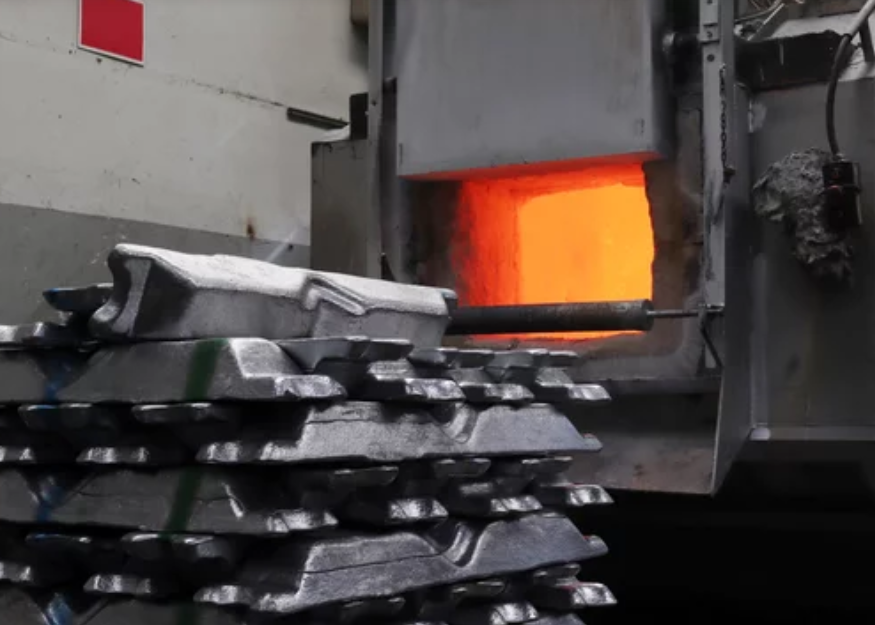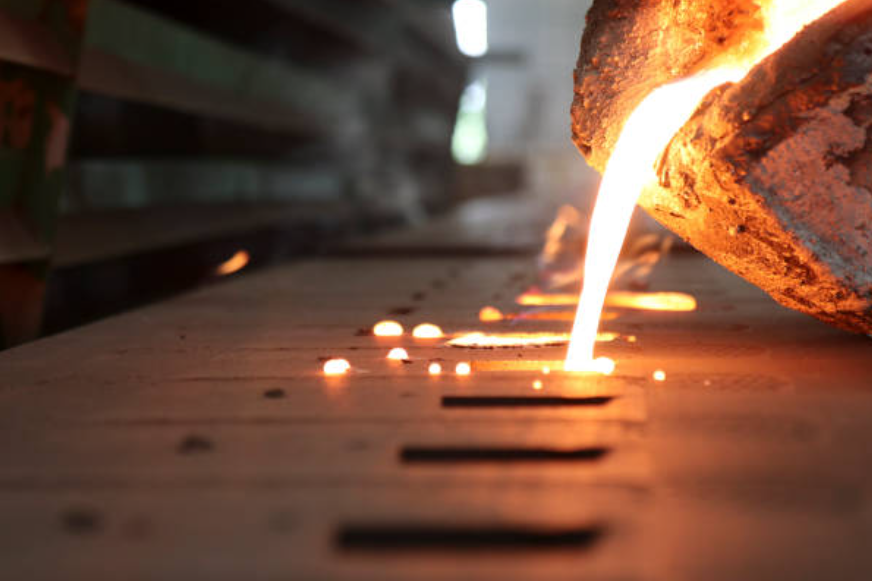Magnesium Alloy
Magnesium Alloys Die Casting
Four commonly used die-cast magnesium alloys in Neway are AZ91D, AM60B, AZ63A, and AM50A. Among them, AZ91D is the most widely used. The die-cast magnesium alloy is lightweight, strong, corrosion-resistant, and high-temperature resistant. All significant industries favor it.
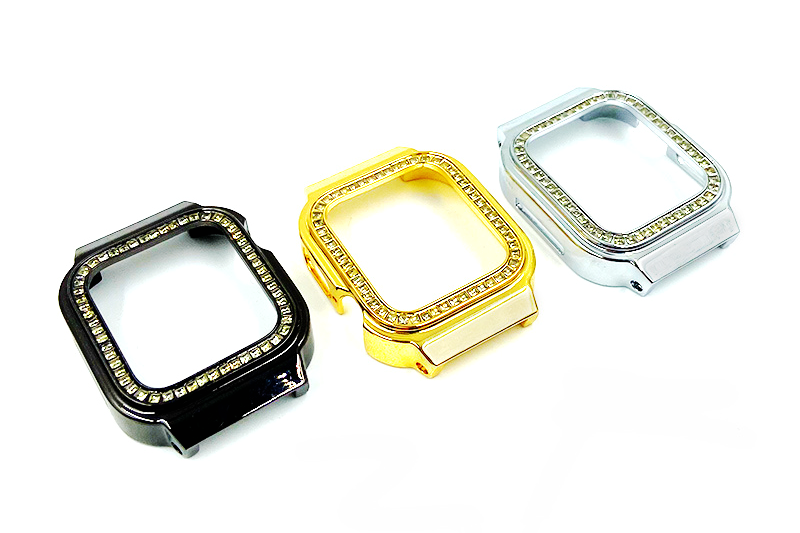
What Is Die-Cast Magnesium Alloy?
Die-cast magnesium alloys are known for their lightweight yet robust properties, making them popular in various applications. Their key features include high strength-to-weight ratios, excellent dimensional stability, and outstanding corrosion resistance. These qualities make magnesium alloys suitable for components in the automotive industry, such as lightweight engine parts and structural components that enhance fuel efficiency.
Moreover, the aerospace sector benefits from magnesium die-cast parts because they can withstand high-temperature conditions while maintaining precision. Magnesium alloys offer biocompatibility in medical devices and are used for lightweight, durable medical instruments. Additionally, magnesium die-casting is utilized in the electronics industry for lightweight yet sturdy component electronics and telecommunications equipment. Its versatility extends to power tools, where strength and low weight are crucial for ease of use and durability, making die-cast magnesium alloys a popular choice across various industries.
Properties of Die-Cast Magnesium Alloys
Chemical Comparison of Die-Cast Magnesium Alloys
Alloy Grade | Aluminum (Al) | Zinc (Zn) | Manganese (Mn) | Copper (Cu) | Silicon (Si) | Other Elements |
|---|---|---|---|---|---|---|
AZ91D | 8.5-9.5 | 0.45-0.9 | 0.15-0.50 | 0.0001-0.005 | 0.1 max | 0.001 max |
AM60B | 5.7-6.7 | 0.15 max | 0.17-0.25 | 0.003 max | 0.15 max | 0.30 max |
AZ63A | 5.3-6.7 | 2.5-3.5 | 0.15 max | 0.03 max | 0.10 max | 0.30 max |
AM50A | 4.5-5.5 | 0.2 max | 0.13-0.3 | 0.001 max | 0.08 max | 0.30 max |
Function of Chemical Components
Aluminum (Al):
Aluminum is the primary alloying element in magnesium alloys. It serves to increase the alloy's strength and hardness. By forming solid solution strengthening, aluminum atoms occupy spaces between the magnesium atoms, making the lattice structure more stable. This results in improved mechanical properties. In AZ91D, for example, the higher aluminum content contributes to greater strength, making it suitable for applications where structural integrity is essential. In contrast, AM60B contains less aluminum to maintain better castability, making it ideal for parts with intricate designs that require precision casting.
Zinc (Zn):
Zinc is another essential element that strengthens solid solutions, enhancing the alloy's strength. It also improves the castability of the alloy by promoting better fluidity during the casting process. Higher zinc content, as found in AZ63A, not only strengthens the alloy but also enhances its creep resistance, making it suitable for applications where components are subjected to high temperatures and stress, such as aerospace.
Manganese (Mn):
Manganese plays a dual role. It acts as a deoxidizer and desulfurizer, reducing the presence of impurities in the alloy, which is crucial for ensuring the quality of the final product. Additionally, manganese contributes to the alloy's castability and corrosion resistance, particularly in challenging environments where protection against corrosion is essential.
Copper (Cu):
Copper is included in small amounts and primarily helps control the grain size of the alloy. This grain refinement improves mechanical properties such as tensile strength and flexibility. Copper content is usually kept minimal to avoid adverse effects on the alloy's characteristics.
Silicon (Si):
Silicon contributes to improving the castability and fluidity of the molten magnesium alloy. It plays a role in ensuring that the alloy can quickly fill intricate molds with precision. It is precious in applications where complex or detailed components are being manufactured.
Other Elements:
Small amounts of other elements, such as rare earth metals, iron, or nickel, may be added to magnesium alloys depending on specific applications. Depending on the industry's requirements or application, these elements can serve diverse purposes, from enhancing high-temperature performance to boosting corrosion resistance.
Physical and Mechanical Properties
Property | Tensile Strength (MPa) | Yield Strength (MPa) | Hardness (Brinell) | Shear Strength (MPa) | Impact Strength (J) | Fatigue Strength (MPa) | Thermal Conductivity (W/m·K) | Density (g/cm³) | Melting Range (°C) |
|---|---|---|---|---|---|---|---|---|---|
AZ91D | 230 | 140 | 75 | 150 | 60 | 80 | 60 | 1.81 | 510-595 |
AM60B | 195 | 95 | 65 | 100 | 30 | 60 | 48 | 1.81 | 540-640 |
AZ63A | 290 | 175 | 85 | 185 | 70 | 95 | 76 | 1.81 | 580-690 |
AM50A | 165 | 85 | 55 | 75 | 25 | 50 | 42 | 1.81 | 510-580 |
Key Features and Applications of Die-Cast Magnesium Alloy
The differences between magnesium alloy grades are pivotal in selecting the suitable material for specific applications. AZ91D is renowned for its versatility, offering a well-rounded package of high strength and excellent corrosion resistance. It is the go-to choice for the automotive industry, where the demand for lightweight yet robust components is paramount. In contrast, AM60B has excellent castability, impact resistance, and overall strength. This combination of properties makes it a sought-after alloy for crafting components in the Power Tools and Lighting Solutions sectors, where precision and durability are vital considerations.
On the other hand, AZ63A's standout feature is its exceptional creep resistance, rendering it ideal for components exposed to high temperatures and stresses. It often finds a home in the demanding Aerospace industry, where precision engineering and resilience are non-negotiable.
Lastly, AM50A balances strength and flexibility, making it a prime choice for the Medical Devices industry. Its biocompatibility and lightweight attributes are crucial for crafting intricate yet dependable medical instruments. The variations in these magnesium alloy grades highlight the tailored approach of material selection for diverse applications, ensuring that each component excels in its specific role, whether for automotive efficiency, robust power tools, precision aerospace equipment, or biocompatible medical devices.
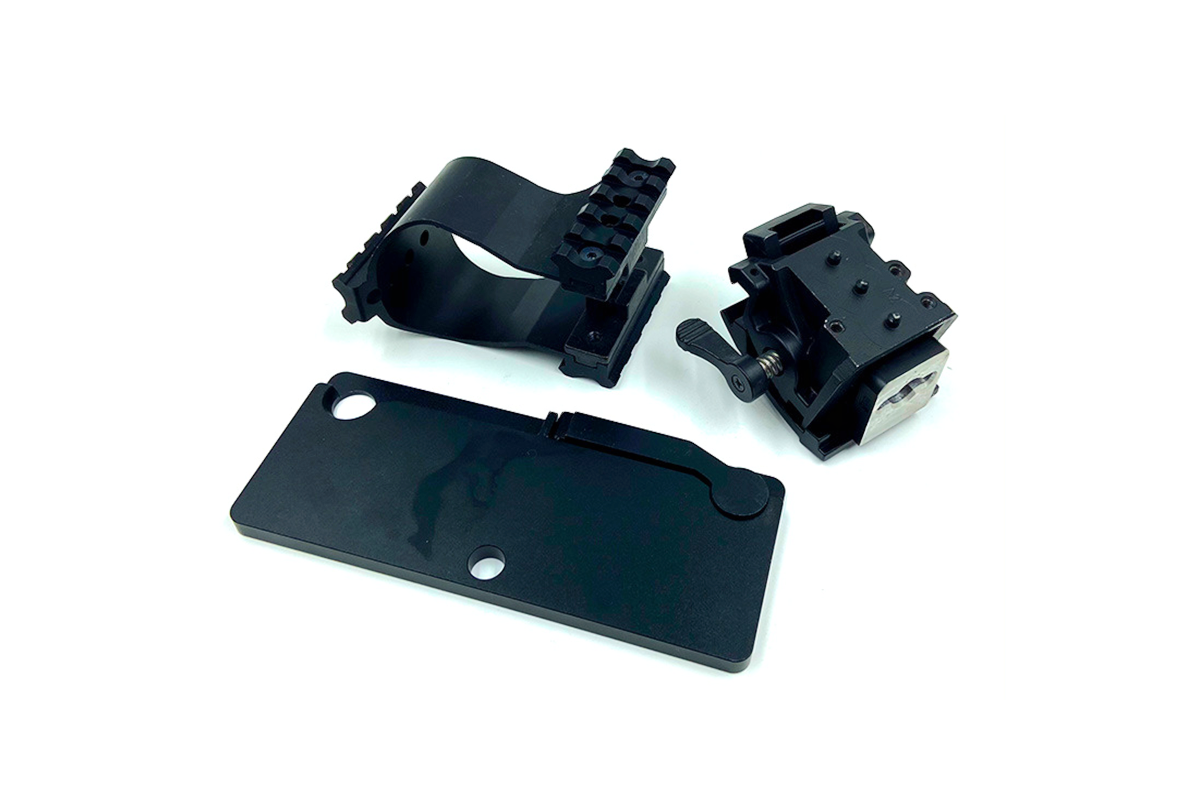
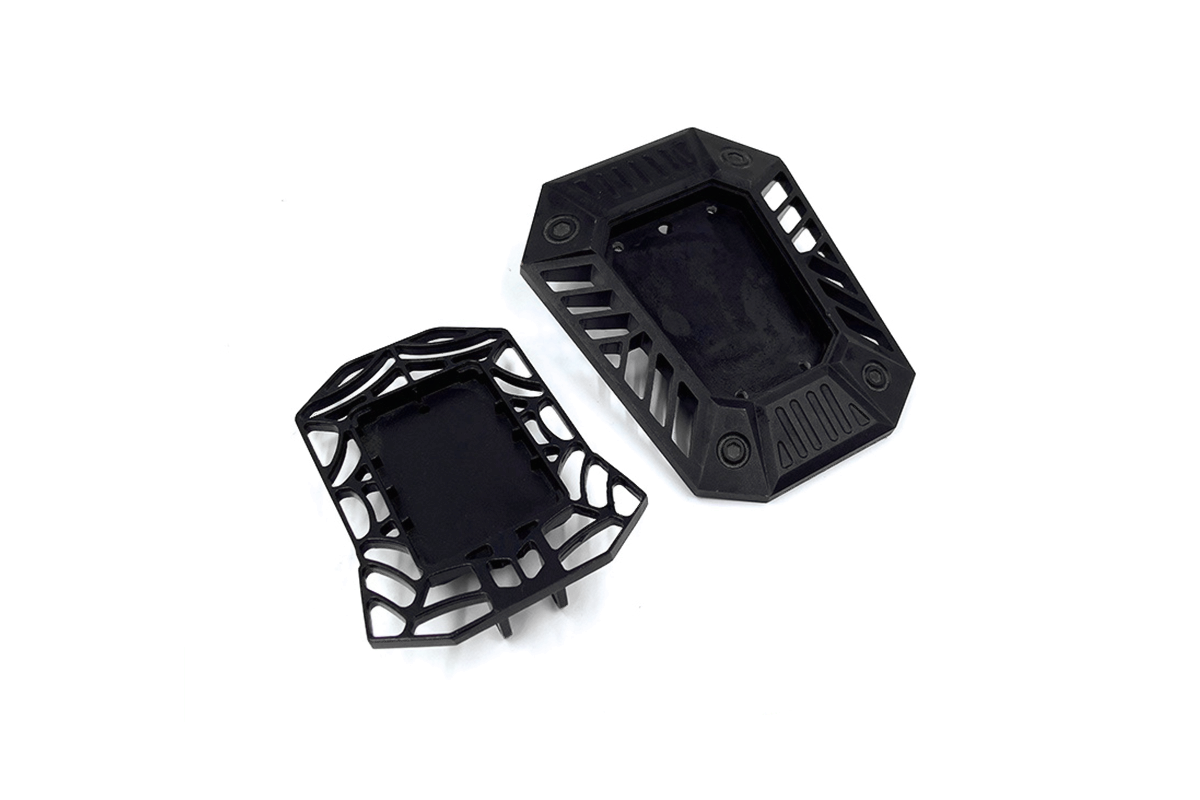
AZ91D Die Casting:
AZ91D (MgAl9Zn1(A)) or AZ91, a well-known magnesium alloy in die casting. This alloy boasts a remarkable combination of mechanical properties, making it a popular choice in various industries. Notably, it exhibits high strength and excellent corrosion resistance, rendering it particularly suitable for applications where lightweight yet robust components are imperative, such as in the automotive industry.
In die casting, AZ91D stands out for its lightweight nature and exceptional strength. Its key features include a favorable strength-to-weight ratio, which is vital for achieving fuel efficiency in automotive applications. Additionally, it offers excellent corrosion resistance, ensuring longevity and durability in harsh environmental conditions. These attributes make AZ91D an ideal choice for producing components like engine parts, transmission housings, and other structural elements in the automotive sector, where maintaining structural integrity while reducing weight is of utmost importance.
AM60B Die Casting:
AM60B, a well-regarded magnesium alloy in die casting, is known by its aliases, including "AM60" and "MgAl6Zn." This alloy is distinguished by its exceptional castability, impact resistance, and strength, making it a sought-after choice for various applications.
In die casting, AM60B shines due to its impressive attributes. Its key features include excellent castability, simplifying the manufacturing process, and enhancing productivity. Moreover, its notable impact resistance ensures the durability of components, even under demanding conditions. The alloy's strength is a valuable asset, contributing to the longevity and robustness of the cast parts. These characteristics collectively make AM60B an ideal material for producing components used in various applications. Notably, it finds its place in the Power Tools industry, where its durability and strength are essential for manufacturing rugged and reliable tools. Additionally, AM60B is employed in Lighting Solutions, where its castability and resilience are leveraged to create high-quality, long-lasting lighting components, emphasizing its versatility and utility in die-casting applications.
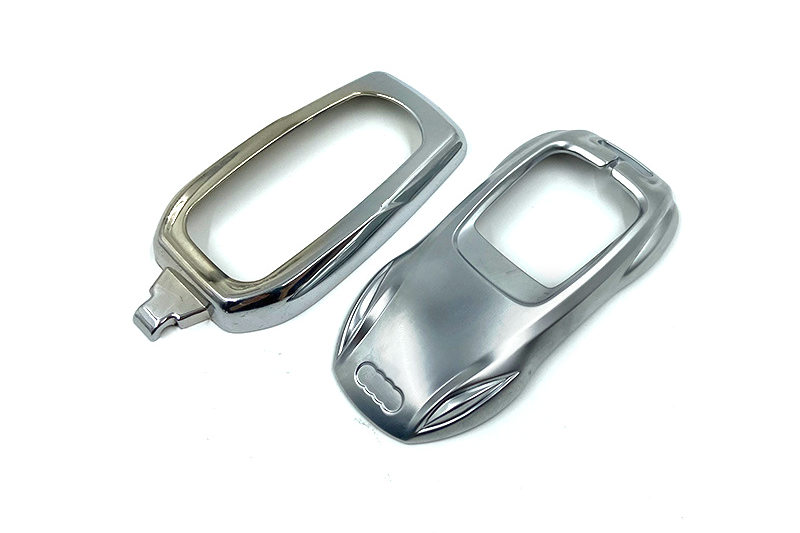
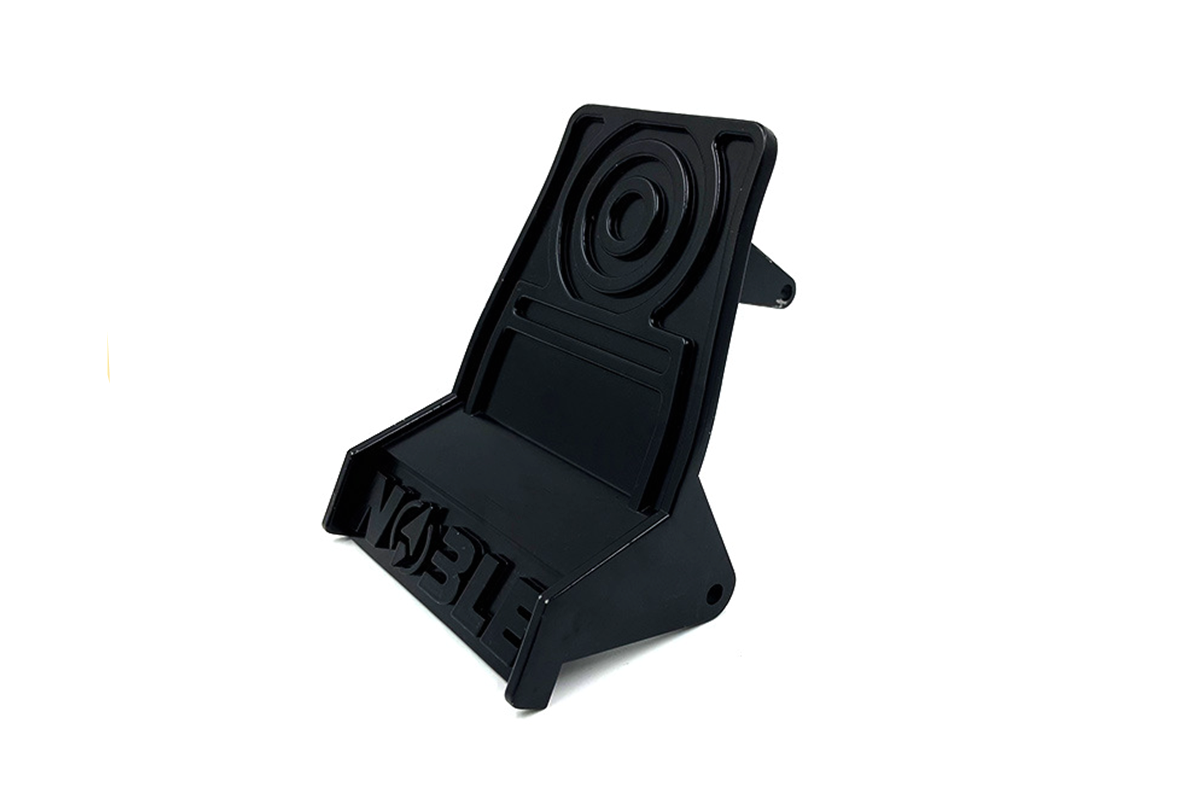
AZ63A Die Casting:
AZ63A, also known by its aliases such as AE43 and EK41, is a remarkable alloy renowned for its exceptional properties. Its key features make it a preferred choice in die-casting applications. This alloy exhibits outstanding creep resistance, a property crucial for components operating under elevated temperatures and enduring substantial stress levels. AZ63A stands out due to its excellent precision and durability in die casting.
This alloy finds invaluable applications in the Aerospace industry, where precision and durability are paramount. In the Aerospace sector, AZ63A is employed for critical components, ensuring they can withstand the demanding conditions of high temperatures and mechanical stress. Its remarkable creep resistance makes it a reliable choice for parts that need to perform consistently in these extreme environments. Its unique combination of properties positions AZ63A as an indispensable material in die casting, especially in the Aerospace industry, where precision and durability are non-negotiable requirements.
AM50A Die Casting:
AM50A, alternatively known as Mg-5Al-0.3Mn, is a versatile magnesium alloy with a well-balanced combination of strength and ductility. This alloy is pivotal in die-casting applications, particularly in the Medical Devices industry, where biocompatibility and lightweight materials are paramount.
AM50A boasts a range of impressive properties, including the desirable balance of strength and elasticity, which makes it highly suitable for die casting. This alloy is prized for its biocompatibility, a critical aspect in the Medical Devices sector, ensuring that components in direct contact with the human body are safe and non-reactive. Furthermore, its lightweight nature is advantageous for medical devices, as it reduces the overall weight of the equipment, making them more manageable for healthcare professionals. In die casting, AM50A serves as a reliable choice, fulfilling the stringent requirements of the Medical Devices industry, where biocompatibility and lightweight materials are fundamental for success.
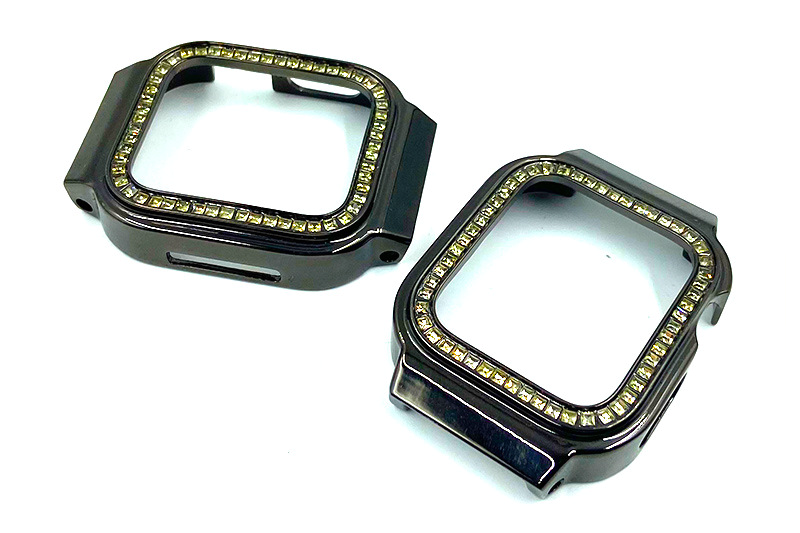
Brand Case Study
Neway has served many world-renowned companies, using its strong manufacturing capabilities and complete quality control system to provide further market competitiveness and quality assurance for major brands.
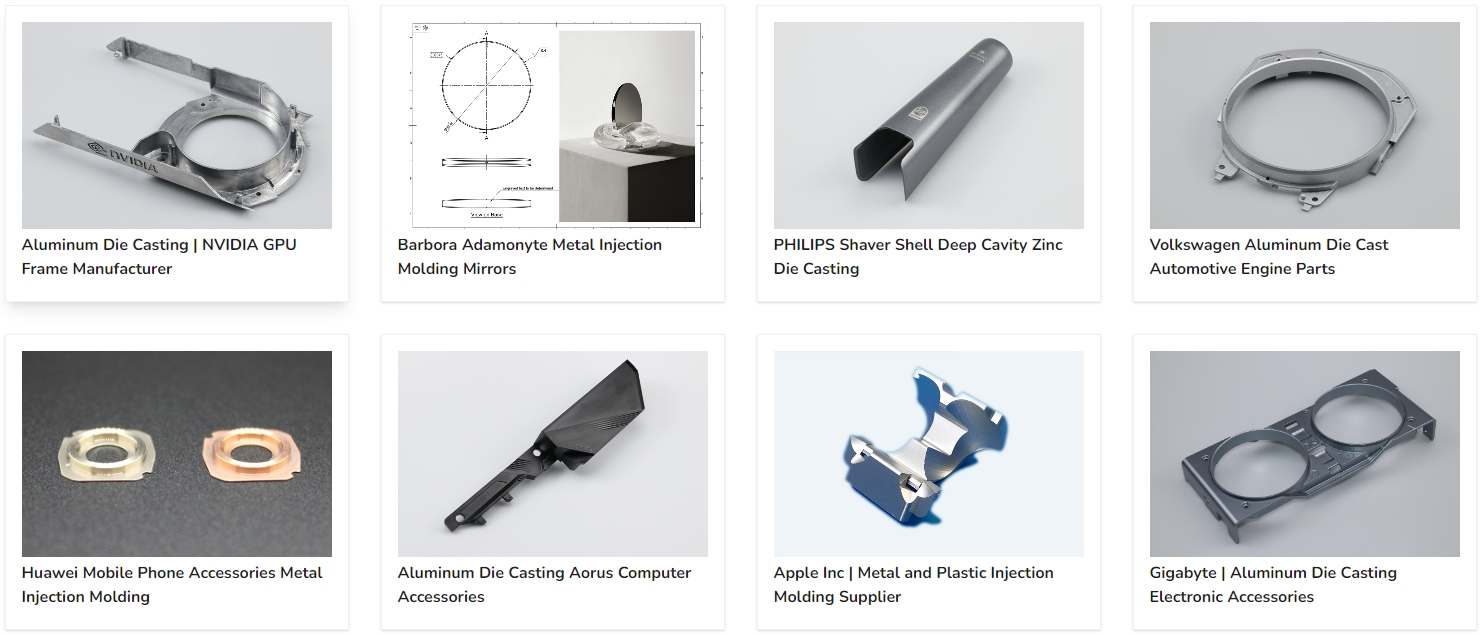
Neway Custom Manufacturing Capability
Neway has gradually improved the production system of basic hardware, plastic, and ceramic non-standard parts after 30 years of growth from the original CNC workshop. As well as polishing, PVD, and simple assembly lines. Provide one-stop, non-standard manufacturing services to our customers.
